India Hot Topics
These Services Will Be Available During Lockdown In Delhi-CM Kejriwal

Delhi Chief Minister Arvind Kejriwal on Sunday confirmed the novel Coronavirus or Kovid-19 in the national capital from 6 am to midnight on March 31, with two fresh deaths reported on Sunday.
Arvind Kejriwal said during a joint press conference with Delhi LG Anil Baijal, “For your health, for Delhi and for the nation, we decided to keep the national capital closed from midnight of 31 March to 6 am on Monday. Have done. “
“Extraordinary times require extraordinary measures”
There are 27 confirmed cases in Delhi, out of which six cases are of transmission and the remaining 21 are cases that have history abroad.
Arvin Kejriwal listed various provisions that should be followed during the lockdown period and said action would be taken against the violator of the order.
During the statewide shutdown, here are:
Services not available to the public
1.No public transport service including private buses, taxis, auto-rickshaws, and e-rickshaws will be allowed. Only 25 percent of the total number of DTC buses will operate for essential services.
2. All shops, workshops, warehouses, weekly markets, offices, commercial establishments, factories, will remain closed.
3. The borders of other states will be sealed. Only the transport of essential goods and commodities will be allowed from these states.
4. Interstate buses, trains, metro trains will be suspended.
5. Domestic flights to Delhi have been suspended
6. Construction activities will not be allowed and religious places will also be closed.
7. Private offices will remain closed
Services available to the public
1: All fire stations and departments, jail departments, ration shops, police departments, electricity departments, water departments, municipal services, and magistrate services will be open to the public.
2. Print and electronic media are exempted from the order.
3. Telecom, Internet and postal services will not be affected
4. E-commerce services, ration shops, confectionery, chemists, considering, petrol pumps will be accessible to the public.
6. The only restaurant with a home delivery service will be open.
Arvind Kejriwal further appealed to the people not to stay at home and leave unnecessarily. He said: “The more you stay away from other people, the more efficiently we will be able to protect ourselves.”
Arvind Kejriwal also said that any person who says that he is on the road to provide and receive the necessary services (listed above) will be believed and no further questions will be asked. He is not required to provide a certificate as proof.
Arvind Kejriwal said, “Private offices will remain closed, but all employees will be considered on duty – be it permanent or contractual employees. They will be given full pay.”
Arvind Kejriwal said that action will be taken against whoever violates these orders.
On hoarding and black marketing of masks and sanitizers in the state, Arvind Kejriwal warned the people and asked them not to do such practices. “We will not hesitate to take any action against such people,” he said.
Earlier in the day, Delhi Police had imposed Section 144 across the city as the number of coronavirus cases across India had increased considerably.
Announcing the prohibitory orders till midnight of 31 March in Delhi, the police banned protests, demonstrations and other celebrations in the city and said the order would come into force from 9 pm on 22 March.
Delhi Police PRO said that all assemblies, demonstrations, processions have now been banned in the city. All ceremonies – whether social, cultural, political, religious, educational, sporting events, seminars – are also prohibited.
He further stated that, except vegetable market, fruit market and essential commodities, weekly markets will be closed. He said that group visits directed by private tour operators would not be allowed.
According to prohibitory orders issued, any kind of gathering is banned for demonstrations, processions, protests. Any gathering – social, cultural, political, religious, educational, sports, seminar or conference is prohibited.
Metro services have also been suspended across the country till 31 March, Section 144 is in force from Monday in many states and the Janata curfew has been extended till Monday morning.
So far, the state governments of Nagaland, Uttarakhand, Rajasthan, Punjab, and West Bengal have announced a complete shutdown till Sunday.
Officials told PTI that to prevent the volatile situation, the central and state governments have decided to completely close 75 districts across the country.
“In view of the need to disperse the lethal Kovid-19, it was agreed that there was an urgent need to extend the restrictions of non-essential passenger transport, including interstate transport buses by 31 March,” Central Home Ministry official said.
Around seven fresh cases were reported till Sunday afternoon in the country, the death toll rose to seven.
Newz Source: IndiaTodayLive
Also Read: INDIAN RAILWAYS CANCELED ALL PASSENGER TRAINS TILL 31 MARCH DUE TO CORONAVIRUS
Movie
The Madras High Court has granted early screenings of Vijay’s Leo movie from 7 AM, requesting the TN government to resolve any issues.
Madras High Court Grants Early Screenings of Vijay’s “Leo” Movie at 7 AM, Urges TN Government to Address Concerns
The Madras High Court has made a landmark decision in favor of the much-anticipated Tamil film “Leo,” starring actor Vijay. In a significant move, the court has granted permission for early screenings of the movie from 7 AM, urging the Tamil Nadu government to swiftly address any issues and facilitate the smooth release of the film. This decision marks a pivotal moment in the realm of Tamil cinema and the entertainment industry at large.
Historical Context:
The Indian film industry, particularly the Tamil film industry, has seen its share of controversies and challenges related to film releases. Issues such as censorship, political disputes, and public sentiment have often played a significant role in shaping the release schedules and screening times for films. Vijay, one of Tamil cinema’s most prominent actors, has been at the center of such controversies in the past. This decision by the Madras High Court is, therefore, particularly noteworthy.
The Ruling:
The Madras High Court’s decision to permit early screenings of “Leo” comes as a response to a plea filed by the film’s producers. The court, while considering the plea, took into account various factors, including the film’s anticipated popularity and the prevailing circumstances. The court emphasized the importance of accommodating the audience’s interests and allowing them to enjoy the film without disruptions.
A Step Towards Normalization:
The court’s decision signifies a positive shift in the film industry, where release dates and screening times are often mired in controversy. By allowing screenings to commence at 7 AM, the court aims to reduce the chances of public unrest and congestion near theaters, especially in the wake of high-profile film releases.
The Role of the Tamil Nadu Government:
The Madras High Court, in its ruling, also called upon the Tamil Nadu government to cooperate in ensuring a seamless release for the film. This cooperation extends to providing necessary security measures to maintain law and order around theaters during the early screenings.
Implications for the Entertainment Industry:
The decision is expected to set a precedent for the release of other highly anticipated films, not just in Tamil cinema but also in the broader Indian film industry. The court’s emphasis on the importance of accommodating the audience’s interests could lead to more flexible screening times for movies in the future.
The Audience’s Perspective:
For moviegoers and fans of Vijay, this decision comes as a welcome relief. They can now look forward to enjoying the film without any undue delays or disruptions, ensuring a memorable cinematic experience.
In conclusion, the Madras High Court’s ruling to allow early screenings of Vijay’s “Leo” at 7 AM while urging the Tamil Nadu government to resolve any issues paves the way for a more audience-centric approach in the film industry. It is a landmark decision that highlights the importance of balancing the interests of filmmakers and the movie-loving public. This judgment is poised to make a positive impact on the release of future films, ushering in a new era of flexibility and convenience for cinema enthusiasts.
Group Media Publications
Entertainment News Platforms – anyflix.in
Construction Infrastructure and Mining News Platform – https://cimreviews.com/
General News Platform – https://ihtlive.com/
Podcast Platforms – https://anyfm.in
-
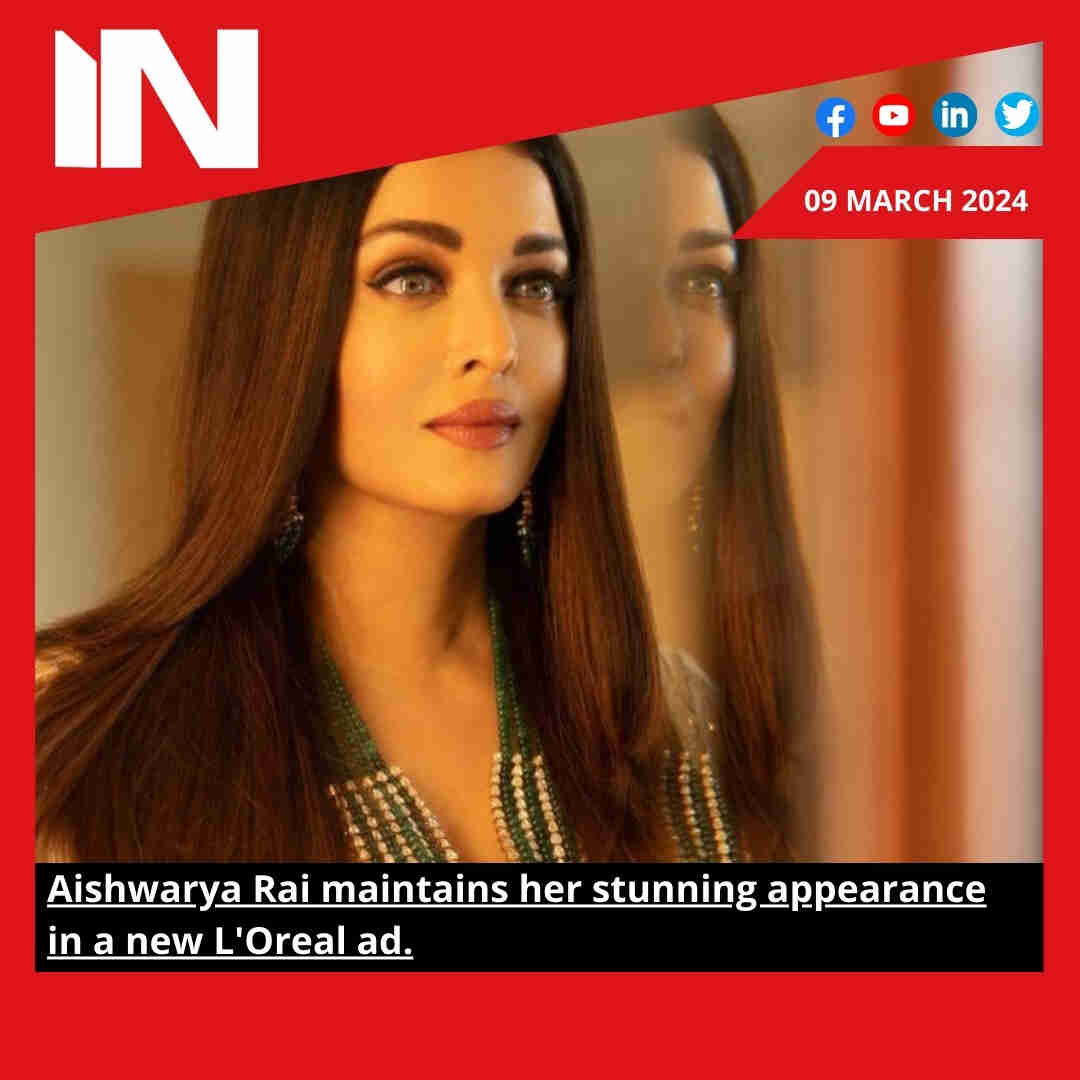
 Bollywood2 months ago
Bollywood2 months agoAishwarya Rai maintains her stunning appearance in a new L’Oreal ad.
-

 health and remedies2 months ago
health and remedies2 months agoThe article discusses the potential health risks associated with swallowing dry ice
-
.jpg)
.jpg) Music1 month ago
Music1 month agoSidhu Moosewala’s father and baby brother feature on Times Square billboard; fans react. Watch
-
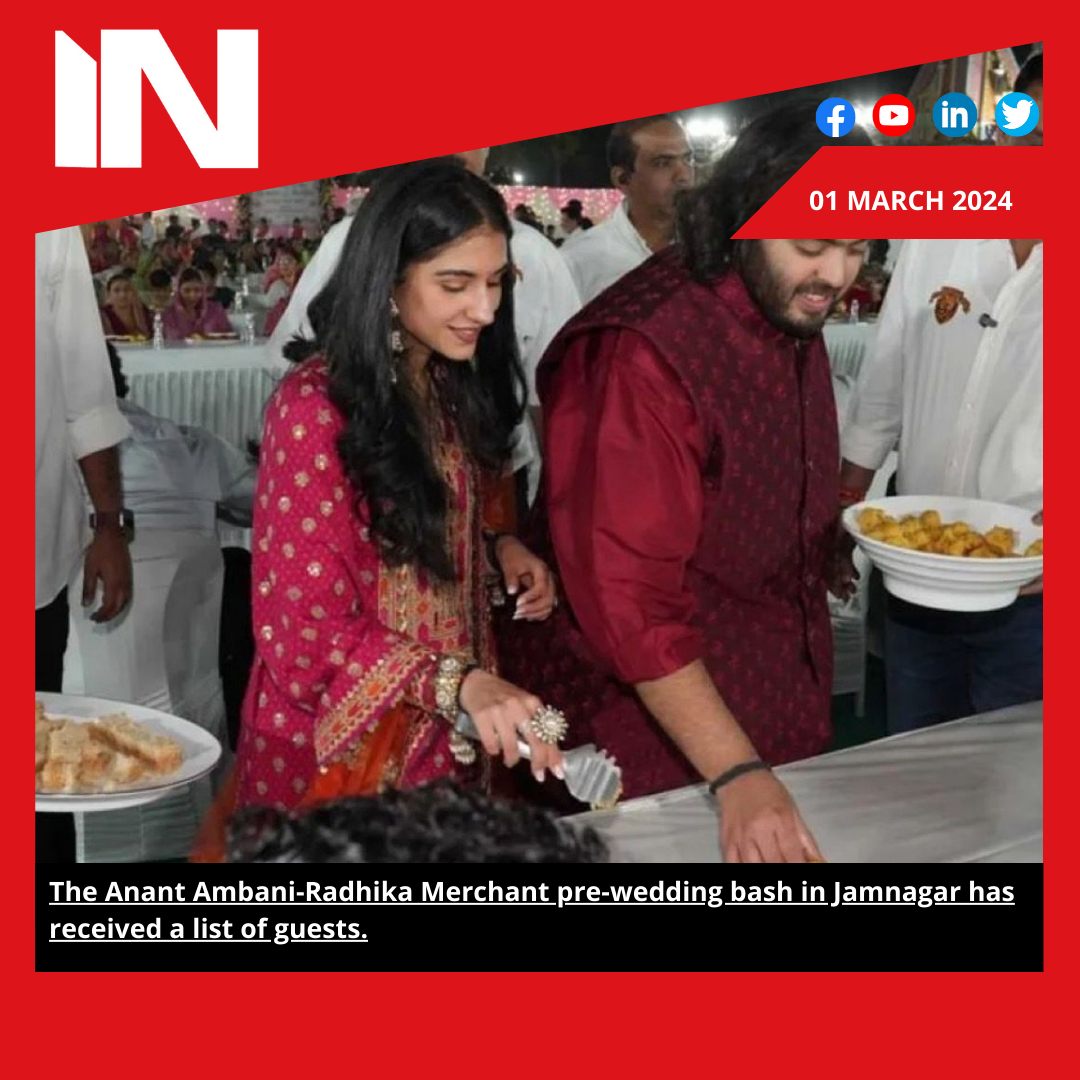
 Entertainment2 months ago
Entertainment2 months agoThe Anant Ambani-Radhika Merchant pre-wedding bash in Jamnagar has received a list of guests.
-
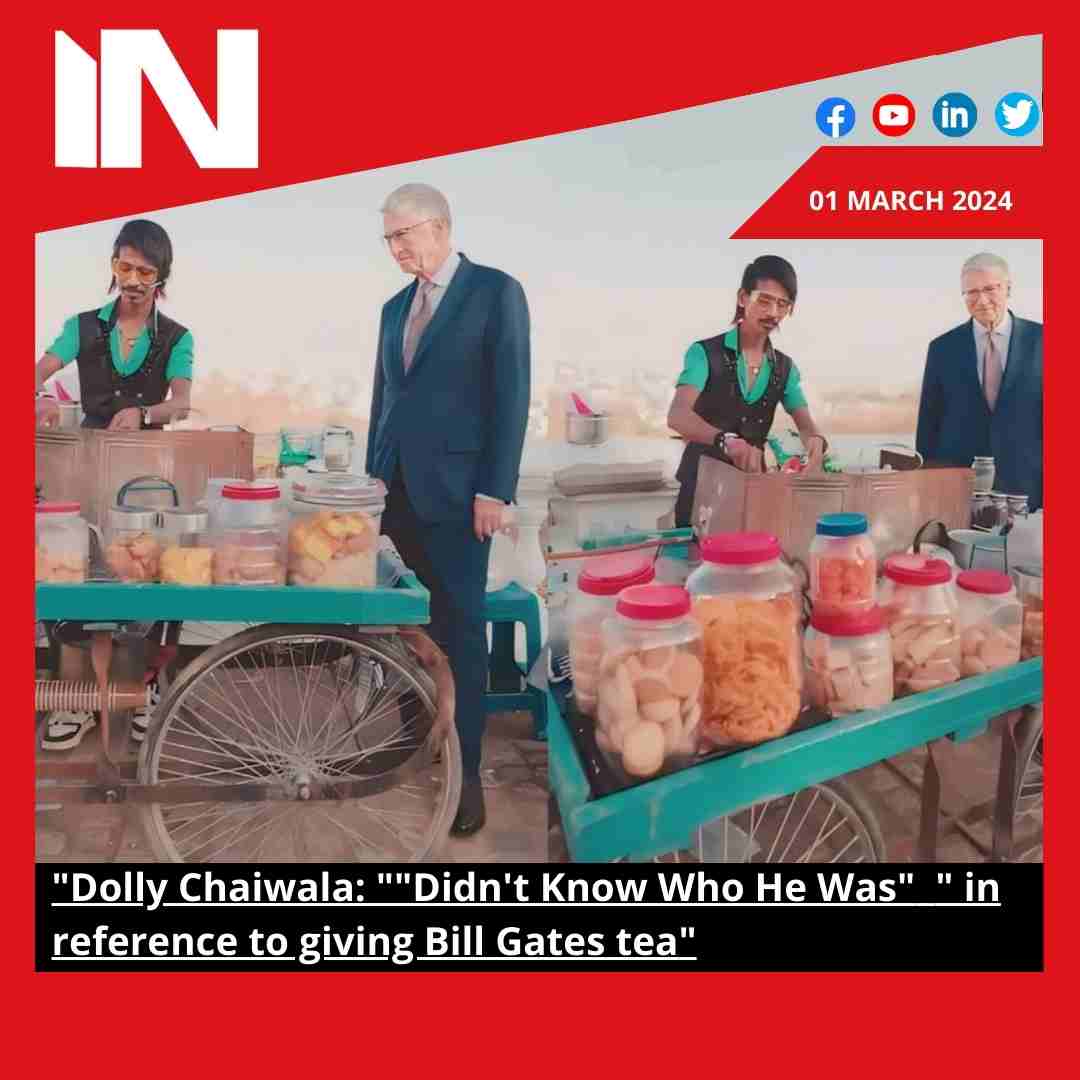
 Trending2 months ago
Trending2 months agoDolly Chaiwala: “Didn’t Know Who He Was” in reference to giving Bill Gates tea
-
Bollywood3 weeks ago
Rasha, the daughter of Raveena Tandon, discusses how trolling affects her: “I think in processing it, feeling bad for a bit.”
-

 Bollywood3 weeks ago
Bollywood3 weeks agoThe phrase “female-led projects” annoys Bhumi Pednekar. “It disgusts me deeply.”
-

 Trending2 months ago
Trending2 months agoOppo Reno 12 Pro Key Features Leak Online: Expected to Receive a 1.5K Display with a Density 9200+ SoC



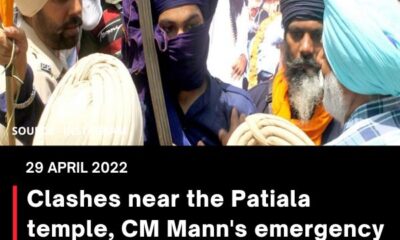





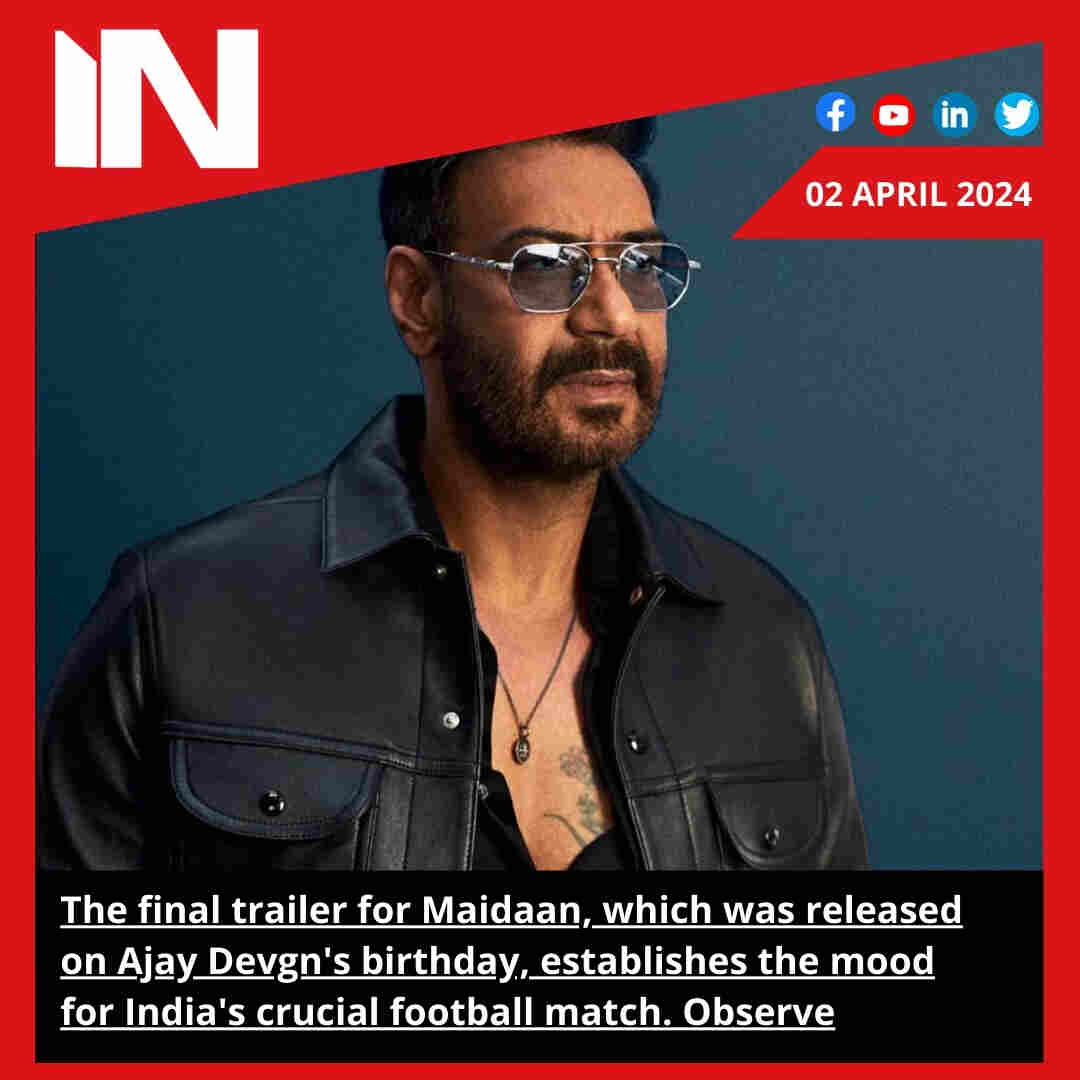

%20(1).jpg)
%20(1).jpg)
%20(1).jpg)
%20(1).jpg)
%20(1).jpg)
%20(1).jpg)
.jpg)





